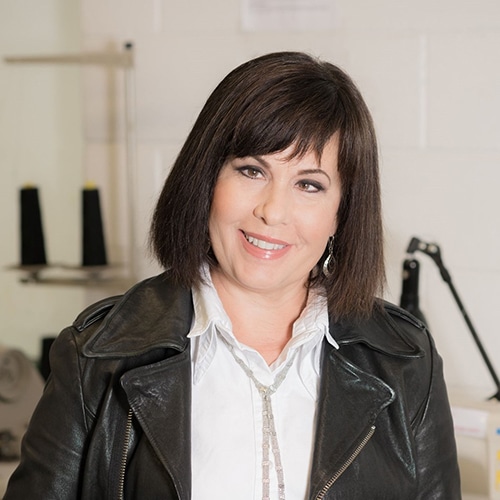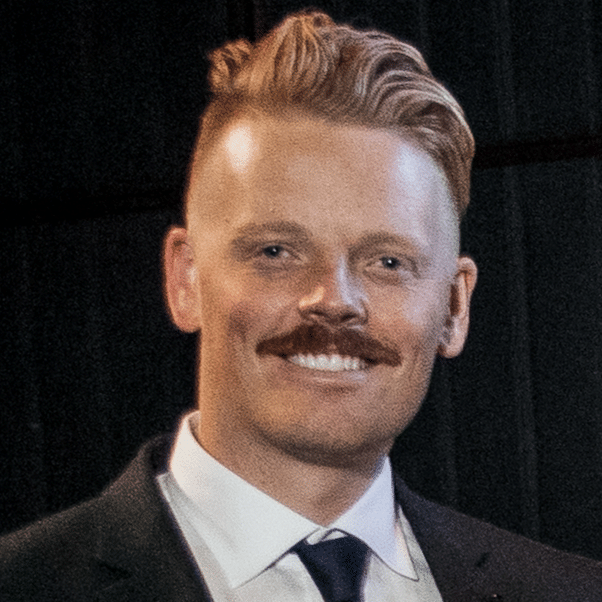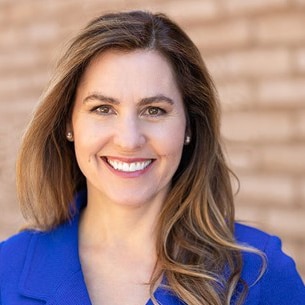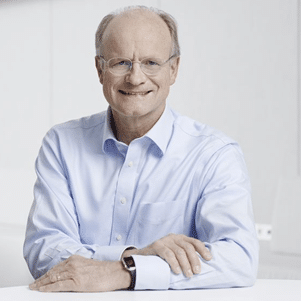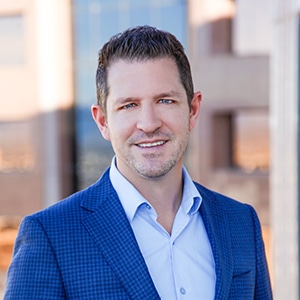
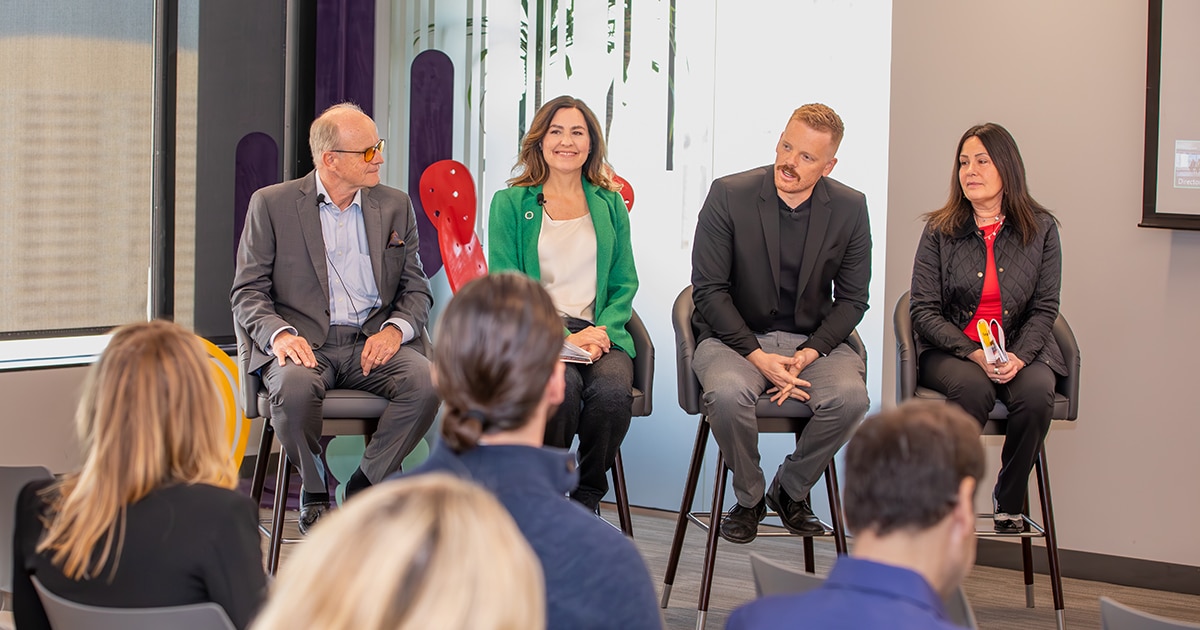
Ambassador Event: The Future of Global Manufacturing
Published: 12/02/2024
Updated: 01/07/2025
Greater Phoenix manufacturing leaders discussed workforce, sustainability and infrastructure
Greater Phoenix has emerged as a central spoke of the United States’ manufacturing ecosystem since the Great Recession, playing a key role in national reshoring efforts. In the region, manufacturing saw employment growth 3.5 times larger than that of the national average from 2013-23.
As companies shift back to the U.S., they turn to community and economic leaders for solutions to workforce and education demands, sustainability of industry and development of infrastructure.
Four regional manufacturing leaders joined the Greater Phoenix Economic Council (GPEC) on Nov. 19 to discuss the industry, adjacent to the release of GPEC’s Future of Global Manufacturing report. The panelists were:
- Sherri Barry, co-founder, FABRIC Tempe
- Sam Bertram, CEO and co-founder, OnePointOne
- Dawn Grove, VP/Corp Counsel, Karsten Manufacturing Corporation
- Ferdinand Pranckh, CEO, RAUCH North America
- Chris Camacho, President & CEO, Greater Phoenix Economic Council (Moderator)
Manufacturing made sustainable
FABRIC: Reinventing the fashion industry
From 2013-23, apparel manufacturing in Greater Phoenix increased by 240%, with wages in the industry doubling over that time. Textile manufacturing is the U.S., but Barry does not think it’ll be the traditional production model of eras past.
“[It’s] a $2 trillion industry, but really for the most part ... hasn’t addressed manufacturing 4.0, or I think even has the opportunity to address 5.0,” she said. “We can be creative and bring that back — we have so much opportunity in this industry to change it, and we need to.”
FABRIC, the Fashion and Business Resource Innovation Center, aims to eliminate waste and inefficiencies in the apparel supply chain. The company, working toward becoming the first carbon net zero fashion incubator in the country, is developing a project with global partners that would be centered in Arizona.
Barry believes that transforming the fashion industry will help increase profits by eliminating waste, and alleviate the unsustainability of fast fashion trends like Shein and Temu, which shipped nearly 600,000 packages a day to the U.S., according to a U.S. Congress report in 2023.
“There is going to be a place in the United States that benefits from that [transformation], because there needs to be a local component to address that consumer demand quickly, and I’m really hoping that that’s Arizona,” she said.
OnePointOne: Vertical farming’s future
OnePointOne, named for the 1.1 billion people worldwide who began the millennium malnourished, is developing fully automated indoor farming. The Avondale facility includes LED lights, temperature, humidity and C02 control, and an irrigation system.
This operation removes variables from the weather, allowing better control over the plants’ habitat, and uses less land than traditional farming.
“When you walk in, it looks like a huge metal cube that’s growing plants, but it is quite magical to have a machine growing something that’s alive and ultimately have a better outcome than outdoors in terms of shelf life, in terms of nutritional composition, taste, all kinds of things,” Bertram said.
Bertram added that vertical farming offers the potential to develop pharmaceuticals inside plants rather than mammalian or animal cells. Though a long-term goal, this process could be a less expensive, more efficient method for developing medication.
“When you give a plant a really high-quality opening to its life, it can do amazing things,” he said.
Global manufacturers in Greater Phoenix
PING: Custom products made in Phoenix
Karsten, the parent company of PING, operates its main golf club production line in Phoenix, as well as outposts in Britain and Japan for distribution to their respective continents. In addition, Karsten operates Dolphin Inc., a foundry for casting club heads, as well as producing precision parts for aerospace and defense, among other industries.
“There was a time years ago when people told us, ‘You cannot succeed in Arizona, you have to move everything to China,’ and we believe strongly in the importance of supporting people locally and having our independence, and we decided to stay here in every way that we could,” Grove said.
PING specializes in exceptional customer service — the company offers clients a club fitting that takes about an hour and a half, and then strives to manufacture the clubs in one week to ensure the golfer can have them on the course the following weekend.
Grove, who chaired the Arizona Workforce Council from 2016-21, assisted the development of partnerships with higher education systems to grow the talent pool. Institutions like the Maricopa County Community Colleges District (MCCCD), EVIT, West-MEC and local universities have worked with industry leaders to develop curriculum and strategies that help manufacturers fill job openings.
“Having a manufacturing curriculum that was unified … created a pathway so that we were able to fill those jobs as these manufacturers came into Arizona in droves,” Grove said.
Rauch: Accelerating Red Bull
Rauch’s $2 billion investment into a high-tech manufacturing center in Glendale represents a massive investment in both capital and commitment: It’s the company’s only location in North America. Now about 1.2 million square feet, this facility is among the largest canning plants in the world and the only bottler of Red Bull beverages.
Rauch, in search of a southwest U.S. home that could supply the necessary land and water rights, announced its initial plans to build in Glendale in 2019 and began additional expansion in 2022 alongside RRB partners Red Bull and Ball Corp.
Pranckh said the company has experienced similar workforce attraction challenges as other major companies around the national.
“Finding the people to operate the facilities and having the manufacturing infrastructure, and that applies to all of our large facilities … yes, I can put people in a plant, but where do I find the service companies for automation, where do I find the machine shops that can quickly turn around spare parts if something breaks, where do I find institutions to link up with to train our people up?” he said.
Rauch has worked with MCCCD and apprenticeship programs to help grow the talent pool. As onshoring trends continue, the education of students for manufacturing and engineering roles will become increasingly important.
“It is key that we get a little bit of a shift in mindset. Highly automated manufacturing is a cool thing, it’s not the sweatshops, it’s not the dirty, dusty, ugly environment of the old dust belt,” Pranckh said. “This is clean, high-tech, fully air-conditioned manufacturing that demands talent. Getting that message across to our kids in high school that this is an avenue, I think that’s absolutely key.”
Priorities for future manufacturing growth
Education is one of the major tools that will help Arizona increase its standing as a leading manufacturing hub of the United States.
“I think we have to have inventive change to our education system if we’re going to make things in America at scale,” Camacho said. “Industry expresses interest to get engaged, but they really need to lean in. It’s tough to do, but they know they need to continue to invest in the workforce.”
Maintaining and developing regional infrastructure will also be necessary to continue for Greater Phoenix’s manufacturing industry to continue on its current growth trajectory. The passage of Proposition 479, a continuation of the half-cent sales tax for public transportation, was a major victory for both residents and companies of Maricopa County. In addition, port investments on the Mexico border will increase trade efficiencies.
Business-friendly state policy related to evaluation caps for personal property of manufacturers, as well as the qualified jobs and tax credits, have helped the market grow, and will continue to be modernized to maximize competitiveness for companies that operate in the region.
Finally, sustainability continues to be on the forefront of the minds of executives seeking innovative models of operation. FABRIC is undergoing a feasibility study to build a circular fashion industry center, and PING is planning solutions for waste related to shell casting.
“It’s funny how you think you’re do something that’s just good for the environment, and then you realize, oh, this is actually good for business too,” Grove said.
Meet the Panel
Sherri Barry
Co-Founder
FABRIC Tempe
Sam Bertram
CEO and Co-Founder
OnePointOne
Dawn Grove
VP/Corp Counsel
Karsten Manufacturing Corporation
Ferdinand Pranckh
CEO
RAUCH North America
Chris Camacho
President & CEO
Greater Phoenix Economic Council (Moderator)
